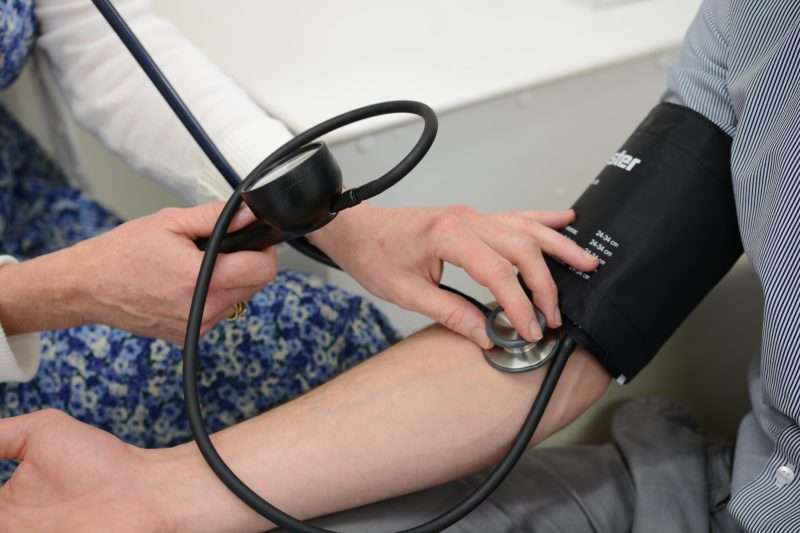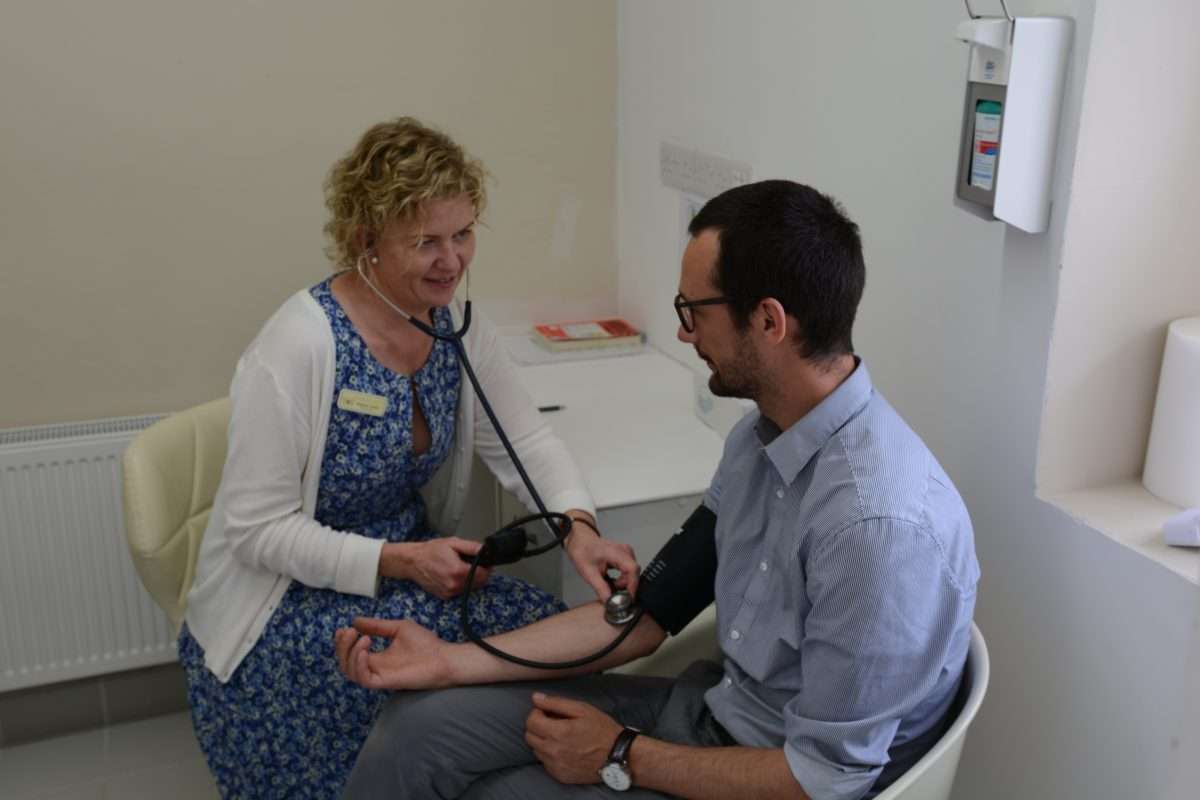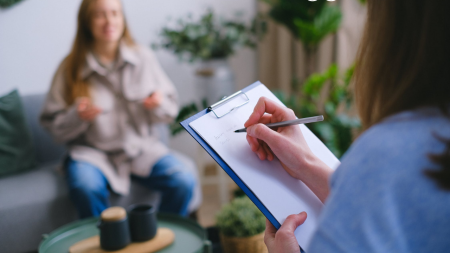Combining alcohol with prescription drugs is generally ill-advised, but mixing it with diazepam, commonly known as Valium, is particularly dangerous.
Diazepam, a benzodiazepine prescribed for anxiety, muscle spasms, seizures, and other medical conditions, works by calming the brain and nerves. Alcohol, meanwhile, is a depressant. When taken together, they significantly slow your brain activity, leading to potentially dangerous levels of sedation and confusion.
The mix can also dangerously depress your respiratory system, risking not just your immediate safety but also your long-term well-being. The consequences of this type of drug misuse, range from mild impairment to severe outcomes, including fatal accidents.
Here’s a closer look at why mixing alcohol with diazepam is a bad idea.
Key Points
- Mixing alcohol with diazepam increases risks of severe drowsiness, confusion, and impaired coordination.
- Combining these substances heightens the chance of fatal overdoses and respiratory depression.
- The interaction between alcohol and diazepam can lead to heightened addiction risk and dependency.
- There were290 deaths in the UK in 2021 due to diazepam overdose, often exacerbated by alcohol.
What is Diazepam?
Diazepam, commonly known by its brand name Valium, is a prescription medication that belongs to the benzodiazepine family. It enhances the effect of GABA, a neurotransmitter that reduces neuronal excitability. It’s used for treating anxiety, managing alcohol withdrawal, acting as a sedative before surgeries, relieving muscle spasms, and controlling seizures.
Diazepam is a safe drug, which is effective for many uses, but it can lead to dependence. Careful medical supervision is necessary for anyone taking diazepam, and it is also crucial to be aware of the risks of combining this medication with alcohol.
The Dangers of Mixing Alcohol and Diazepam
Mixing alcohol and valium comes with many risks to your short-term safety but also to your long-term physical and mental health.
Both alcohol and diazepam serve as central nervous system depressants, which means they slow down brain activity. Combining them can dangerously amplify their sedative effects, leading to increased risks of drowsiness, confusion, and impaired coordination.
When you ingest diazepam and alcohol concurrently, you’re essentially doubling down on suppressing your central nervous system, which can lead to exaggerated impacts such as extreme drowsiness, difficulty breathing, impaired motor functions, and potentially fatal respiratory depression. This heightened CNS depression can interfere significantly with everyday activities, making it dangerous to drive, operate machinery, or perform tasks that require alertness and coordination.
The two substances combined heighten the risk of overdose. It increases the side effects of Valium, potentially leading to memory issues and mental health conditions such as depression and anxiety. Overall, the dangers of mixing these substances can’t be overstated.

Download our Brochure
Enhanced Side Effects
Aside from the increased risk of CNS depression and overdose, mixing alcohol with diazepam can intensify each drug’s side effects. These can include, but are not limited to, memory problems, impaired judgment, delayed reflexes, mood swings, aggression, and increased anxiety. Such side effects can be unpredictable and vary significantly from one individual to another, complicating the ability to safely manage the use of diazepam when alcohol is also being consumed.
Serious Risks of Overdose
Mixing diazepam with alcohol not only heightens sedative effects but also significantly increases your risk of a potentially fatal overdose. Both substances depress your central nervous system, leading to severe respiratory depression, a condition where your breathing becomes dangerously slow or stops altogether. This is a life-threatening situation requiring immediate medical intervention.
When you combine diazepam, a medication prescribed for anxiety, muscle spasms, and seizures, with alcohol, the risk of overdose escalates.
Symptoms of an overdose include extreme drowsiness, confusion, slowed or stopped breathing, and unconsciousness. In severe cases, it can lead to cardiac arrest or seizures. Substance misuse involving diazepam and alcohol intensifies these risks, so it’s important to recognise the signs of an overdose and seek immediate help.
If you or someone you know exhibits signs of an overdose, such as slowed breathing or unconsciousness, after mixing diazepam and alcohol, seeking immediate medical attention is imperative.
Liver Damage
Diazepam and alcohol are both metabolised by the liver. Consuming both substances together puts extra strain on the liver, potentially leading to accelerated liver damage or exacerbation of existing liver conditions. The liver’s ability to metabolise other drugs can also be impaired, leading to an increased risk of adverse reactions from other medications.
Psychological Impact of Mixing Diazepam and Alcohol
When you combine diazepam and alcohol, you’re not just mixing substances; you’re also amplifying their psychological effects, leading to an increased risk of depression, anxiety, and cognitive impairments. This cocktail significantly impacts your mental state and can cause or worsen mental health conditions.
The psychological effects of this mix aren’t to be underestimated. Your cognitive function takes a hit, manifesting as memory problems and difficulty in processing information. This can affect your daily life, impairing your ability to work, learn, or even perform simple tasks. Moreover, these substances together can deepen feelings of depression and anxiety, leading to a vicious cycle of emotional instability. Mood swings become more pronounced, and you may find yourself trapped in a state of lethargy and apathy, unable to find joy in activities you once loved. In turn, this may lead you to consume Valium and alcohol as a way of escaping negative feelings.
Exacerbating existing mental health conditions or even sparking new ones, the diazepam-alcohol mix is a recipe for disaster. Taking this risk isn’t worth the temporary escape it might offer.
-
Is There a Safe Amount I Can Drink When Taking Valium?
The straightforward answer is no. There isn’t a safe threshold for drinking alcohol when you’re on Valium. This is primarily due to the dangerous interactions that can occur between alcohol and Valium, even at low levels of consumption.
Reach out today for expert support and guidance

Diazepam and Alcohol Withdrawal
Diazepam is often prescribed to treat alcohol dependence, as it helps manage withdrawal symptoms. As a benzodiazepine, it acts as a central nervous system depressant, reducing the hyperactivity that occurs when stopping alcohol use. It helps alleviate anxiety and agitation and prevents seizures, which are significant risks during withdrawal. Its sedative and anticonvulsant properties make it effective in safely navigating the challenges of alcohol withdrawal.
For anyone using Diazepam to help recover from an alcohol misuse problem, it is very important to remember that valium and alcohol should not be mixed under any circumstances. This combination not only undermines the therapeutic intention of diazepam but also introduces additional health risks. If you are concerned that you may relapse, contact a medical professional immediately.
Addiction Pathway
Both diazepam and alcohol have a high potential for dependence and addiction. Using them in tandem can increase the likelihood of developing a dependency on one or both substances. Mixing Valium and alcohol not only enhances the sedative effects of both substances but also rapidly escalates tolerance and dependency levels. This can swiftly lead to a substance use disorder, where you find yourself unable to function without these substances.
The interaction between diazepam and alcohol on your brain’s reward pathways intensifies the addiction risk. Factors such as genetic predisposition and easy access to both substances exacerbate this risk, making it a slippery slope towards serious health risks. Long-term use of this combination can result in a deep-seated psychological and physical dependence, demanding specialised addiction treatment for recovery.
Having a dependency on diazepam and alcohol misuse isn’t just a bad habit. It is a polysubstance addiction that requires immediate attention. The detrimental effects on your overall health and well-being are profound, necessitating a comprehensive approach to treatment that addresses both the physical and psychological aspects of the addiction.
Seeking Help for Diazepam and Alcohol Addiction
If you are abusing valium and alcohol, recognising the need for substance addiction treatment is the first step toward recovery from addiction. Combining valium and alcohol can lead to severe dependence, making it critical to seek substance misuse treatment and detoxification. Tailored treatment plans provide the foundation for successful recovery, addressing the unique challenges each faces.
At Smarmore Castle, we understand the complexities of valium and alcohol addiction and offer personalised treatment plans to address your unique challenges. Our approach begins with medical detox, ensuring your safety while managing potentially severe withdrawal symptoms. With our experienced medical team and specialised facilities, you can detoxify in a secure environment, minimising risks and discomfort.
Following detox, our comprehensive care continues with inpatient and outpatient programmes. Through behavioural therapies and peer support, we address the psychological aspects of addiction, empowering you to develop coping strategies and resilience against relapse.
Don’t hesitate to reach out to our treatment team if you need help and guidance. Our goal is to provide you with the care and support you need to take on your addiction and regain control of your life.


